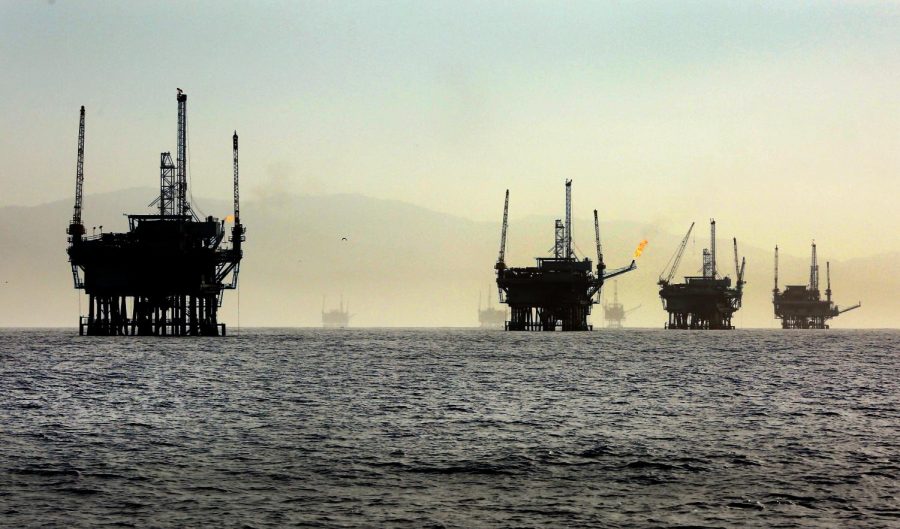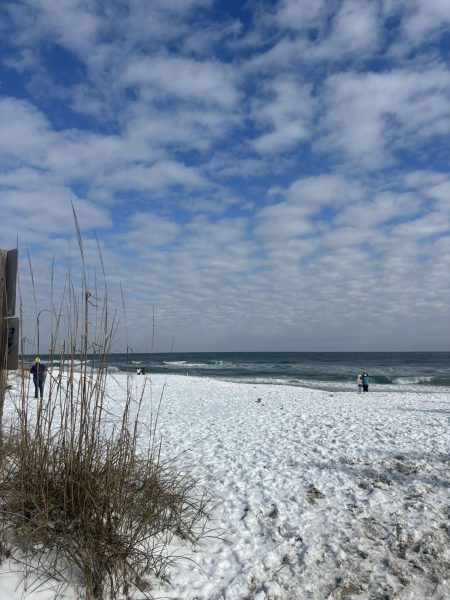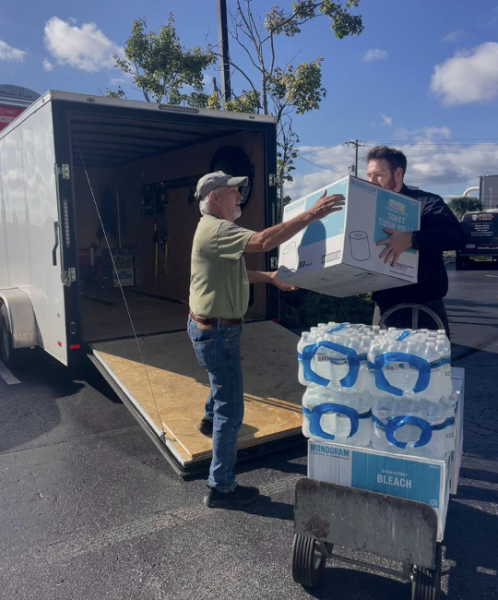Offshore oil drilling expansion impacts local Wilmington community
A recent controversial measure proposed by the Trump administration is set to expand offshore oil drilling to the continental-shelf waters of both the Atlantic and the Pacific Ocean, which has spurred debate in Wilmington, and N.C. as a whole.
In the United States, prior to Jan. 4 of 2018, there was a 50-mile buffer zone between the coasts of the continental U.S., and areas that were eligible for offshore drilling. The recent mandate by the Trump administration would remove this buffer zone and allow for hundreds of miles of offshore federal waters to be eligible for drilling and exploration.
The current proposal is in line with Donald Trump’s desire to expand the “energy dominance” of the United States and falls under his executive order for further energy exploration, which was issued in April of 2017.
Immediately following the announcement of the offshore drilling expansion, Gov. Rick Scott of Florida petitioned the Department of the Interior for an exemption for his state, citing concerns for the tourism industry which brings the state roughly 50 billion dollars annually.
A reprieve from the expanded energy exploration was granted to the state of Florida and on Jan. 10 N.C. Gov. Roy Cooper followed suit in petitioning the federal government for an exemption for N.C. as well.
“Protecting North Carolina families and businesses is my top priority, and we will pursue every option to prevent oil drilling near North Carolina’s beaches, coastal communities, and fishing waters,” said Gov. Roy Cooper in a statement following the announcement of his opposition to the proposed five-year oil drilling expansion plan.
Offshore drilling and seismic testing can also be dangerous to marine life and to the local fish populations, explained University of North Carolina Wilmington environmental science professor, Dr. Joni Backstrom.
Backstrom went on to say, “seismic testing is the equivalent of putting a stick of dynamite into the ocean, and can be dangerous to marine life”
The state of N.C. is divided on the issue of offshore oil drilling and seismic testing with Republican congressmen such as David Rouzer, who represents N.C.’s 7th congressional district which encompasses Wilmington and Wrightsville beach, supporting an expansion of offshore drilling and exploration.
The views of Rep. Rouzer may not be in line with his constituents, however, which can be seen with a decision on Tuesday, Jan. 16 by Brunswick Country to reverse their formerly positive position on offshore drilling. Carteret County is currently the only county on the southern N.C. coast to hold a positive position towards offshore oil drilling.
UNCW professor of marine biology, Larry Cahoon, weighed in on the issue of offshore drilling saying, “I know that one of the strongest selling points for our beaches is the perception that they are clean and beautiful. Any ongoing activity that damages that perception would have negative impacts. Would the economic benefits of such activities outweigh the costs?”
Some would say yes. Congressmen Rouzer, in an interview with National Public Radio [NPR], said, “I have always been very pro-energy because I think if you have the right agriculture policy in place, you have the right energy policy in place, and you have the right infrastructure policy in place, it enables us to be prosperous here at home and incredibly strong abroad. Energy is a key component of that.”
A decision regarding the future of offshore drilling on N.C.’s coast has yet to be announced by the Department of the Interior.












